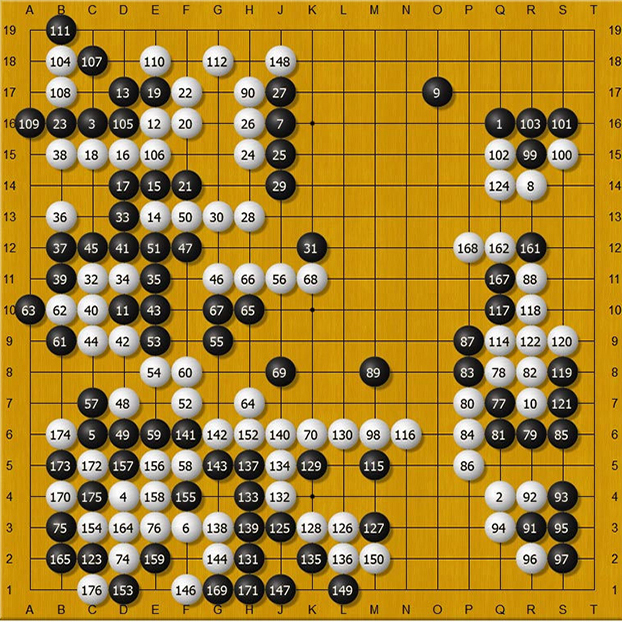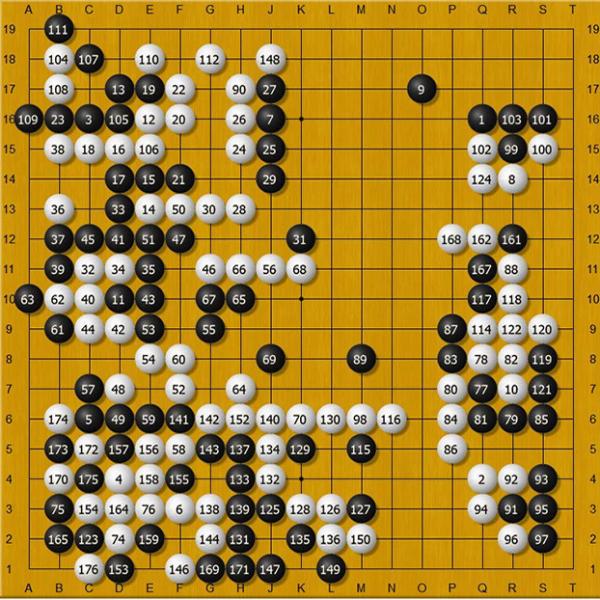KID REPORTERS’ NOTEBOOK
AlphaGo: the Next Step in Artificial Intelligence


__title__
On February 10, 1996, Deep Blue, a supercomputer developed by IBM, stunned the world after winning the first game in a chess match against champion Garry Kasparov. Although Deep Blue ultimately lost the match to Kasparov, a new era in artificial intelligence (AI) was ushered in. Deep Blue went on to defeat Kasparov in a 1997 rematch.Now, two decades later, another milestone has been reached. This month, AlphaGo, a computer program developed by Google DeepMind, defeated one of the world’s top players, Lee Sedol, in a game of Go.
MORE MOVES THAN CHESS
Go is a board game that is similar to chess. Unlike chess, however, which typically offers a player an option of 20 moves, Go presents a player with about 200 possible moves. The objective is to capture an opponent’s stones and build territory by surrounding empty space on a 19” x 19” grid.
While the rules may seem simple, Go is incredibly complex. “There are more configurations on the board than there are atoms in the universe,” said Demis Hassabis, the CEO of Google DeepMind.
After being challenged to the match by Google DeepMind, Sedol said, “I am confident that I can win.” But during the first game, the South Korean realized that he had underestimated his opponent.
The five-game match began on March 9 at the Four Seasons Hotel in Seoul, and continued through March 15. Sedol was forced to withdraw from the first three games after being outplayed by AlphaGo. He did claim victory in game four, but the computer ended the match with another triumph, making the final score 4-1.
“AlphaGo is able to use ‘intuition’ to play the game at world champion level, something that people thought would not be possible for at least a decade,” Charina Choi, an engineer at Google DeepMind, noted via e-mail.
FOR GOOD OR BAD?
Is AI more than just a game? Could it actually do harm? Some critics have compared AlphaGo to Skynet, a fictional system in the Terminator movie series that tries to eradicate humanity. Elon Musk, co-founder of Tesla Motors and founder of SpaceX, has called AI “our biggest existential threat.”
However, according to Choi and others, AI also holds great promise. “Google DeepMind is looking into using AlphaGo’s algorithms for a number of applications, such as improving healthcare or finding solutions to climate change,” Choi wrote. “Like any technology, artificial intelligence can be used for good or bad purposes, and it’s up to us as a society to make sure these technologies are used for good.”
